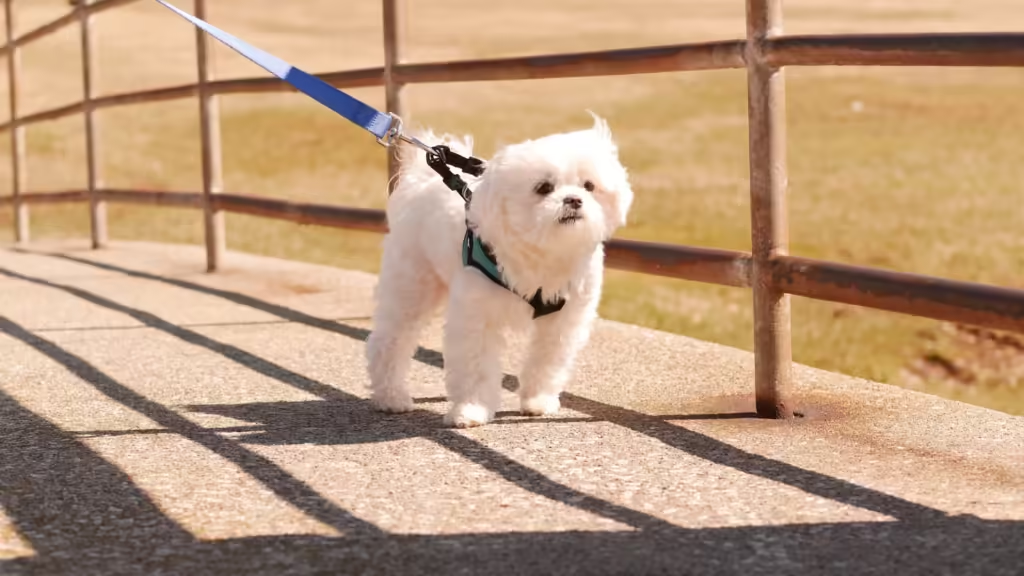
Table of Contents
Introduction to Maltese Puppies
What is a Maltese Puppy?
The Maltese puppy is a small, charming dog breed known for its long, silky white coat and gentle temperament. Originating from the Mediterranean island of Malta, these dogs have been cherished companions for centuries, often associated with royalty and aristocracy. Their playful nature, combined with their elegant appearance, makes them a popular choice among dog enthusiasts.
Historical Background of the Maltese Breed
The history of the Maltese breed can be traced back over 2,800 years. Ancient civilizations, including the Greeks, Romans, and Egyptians, adored these small dogs. They were often depicted in art and literature, symbolizing status and elegance. The breed was particularly favored by European nobility during the Renaissance, further cementing its reputation as a lapdog of the elite.
Physical Characteristics of Maltese Puppies
Size and Weight
Maltese puppies are tiny dogs, typically weighing between 4 to 7 pounds when fully grown. They stand about 8 to 10 inches tall at the shoulder, making them one of the smallest toy breeds.
Coat and Color
The hallmark of the Maltese breed is its long, flowing white coat. The hair is silky and straight, requiring regular grooming to prevent matting. Despite their luxurious appearance, Maltese dogs are hypoallergenic, making them suitable for individuals with allergies.
Eyes and Facial Features
Maltese puppies have dark, expressive eyes that stand out against their white fur. Their noses are usually black, and they have a distinctive, slightly rounded skull with a moderate stop. The ears are low-set and heavily feathered, adding to their overall charm.
Temperament and Personality Traits
General Disposition
Maltese puppies are known for their affectionate and gentle nature. They thrive on human companionship and are often described as lively and playful. Despite their small size, they possess a bold and confident demeanor, often showing no fear of larger dogs.
Interaction with Children and Other Pets
Maltese puppies generally get along well with children and other pets, provided they are socialized properly from a young age. Their gentle disposition makes them excellent companions for families, although they should be supervised around very young children to prevent accidental injuries.
Intelligence and Trainability
Maltese dogs are highly intelligent and eager to please, making them relatively easy to train. They respond well to positive reinforcement techniques, such as treats and praise. Consistency and patience are key when training a Maltese puppy, as they can be somewhat stubborn at times.
Choosing the Right Maltese Puppy
Finding a Reputable Breeder
When looking for a Maltese puppy, it’s crucial to find a reputable breeder who prioritizes the health and well-being of their dogs. A good breeder will provide health clearances for the puppy’s parents, ensuring they are free from genetic conditions common in the breed.
What to Look for in a Healthy Puppy
A healthy Maltese puppy should be active and alert, with clear eyes and a clean coat. Check for any signs of illness, such as coughing, sneezing, or diarrhea. The puppy should have a playful demeanor and show interest in its surroundings.
Questions to Ask the Breeder
When speaking with a breeder, ask about the puppy’s parents, including their health history and temperament. Inquire about the socialization process and any vaccinations or health checks the puppy has received. A reputable breeder will be transparent and willing to answer all your questions.
Bringing Your Maltese Puppy Home
Preparing Your Home
Before bringing your Maltese puppy home, ensure you have all the necessary supplies, including a crate, bed, food, and toys. Puppy-proof your home by removing any hazardous items and securing loose wires or cables.
First Day at Home
The first day at home can be overwhelming for a new puppy. Provide a quiet, safe space where they can acclimate to their new environment. Allow the puppy to explore at its own pace and offer plenty of reassurance and gentle handling.
Establishing a Routine
Consistency is essential for a new puppy. Establish a routine for feeding, potty breaks, and playtime to help your Maltese puppy feel secure and settled. Regular mealtimes and scheduled walks will also aid in housetraining.
Feeding Your Maltese Puppy
Nutritional Needs
Maltese puppies require a balanced diet rich in proteins, fats, and carbohydrates. High-quality commercial puppy food is typically formulated to meet these nutritional needs. Look for food that lists meat as the primary ingredient and avoids fillers like corn and soy.
Feeding Schedule
Puppies have small stomachs and require frequent meals throughout the day. Feed your Maltese puppy three to four times daily, gradually transitioning to two meals per day as they grow older. Always provide fresh water and monitor their weight to avoid overfeeding.
Foods to Avoid
Certain foods are toxic to dogs and should never be given to your Maltese puppy. These include chocolate, grapes, raisins, onions, garlic, and caffeine. Additionally, avoid feeding them table scraps, as human food can upset their delicate digestive system.
Grooming Your Maltese Puppy
Brushing and Bathing
Regular grooming is essential to maintain the Maltese puppy’s beautiful coat. Brush their hair daily to prevent tangles and matting. Bathing should be done every two to three weeks using a mild, dog-specific shampoo. Be sure to dry their coat thoroughly to prevent chilling.
Nail Trimming
Keeping your Maltese puppy’s nails trimmed is crucial for their comfort and health. Trim the nails every few weeks, being careful not to cut into the quick, which can cause pain and bleeding. If you’re unsure how to trim nails, ask your vet or a professional groomer for guidance.
Ear and Dental Care
Check your puppy’s ears regularly for signs of infection, such as redness, swelling, or a foul odor. Clean the ears with a vet-approved solution to prevent ear infections. Dental care is equally important; brush your puppy’s teeth several times a week using dog toothpaste to prevent plaque buildup and dental diseases.
Health and Wellness
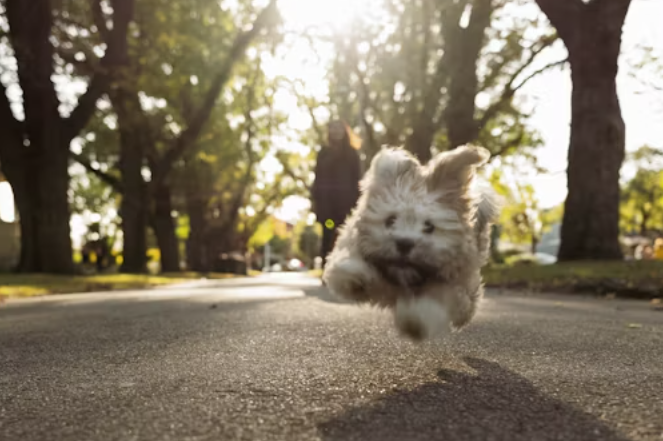
Common Health Issues
Maltese puppies are generally healthy, but they are prone to certain genetic conditions. These include luxating patella, heart issues, and dental problems. Regular vet check-ups are crucial to monitor their health and address any concerns early.
Vaccination Schedule
Vaccinations are vital for protecting your Maltese puppy from infectious diseases. Follow your vet’s recommended vaccination schedule, which typically includes shots for distemper, parvovirus, and rabies. Keep a record of all vaccinations and booster shots.
Regular Vet Visits
Routine veterinary care is essential for maintaining your puppy’s health. Schedule regular check-ups to monitor their growth, update vaccinations, and address any health issues. Your vet can also provide advice on diet, grooming, and overall care.
Training Your Maltese Puppy
Basic Commands
Teaching your Maltese puppy basic commands like “sit,” “stay,” and “come” is essential for their safety and well-being. Use positive reinforcement techniques, such as treats and praise, to encourage good behavior. Short, consistent training sessions are more effective than longer, sporadic ones.
Potty Training
Potty training requires patience and consistency. Take your puppy outside frequently, especially after meals and naps. Praise and reward them when they eliminate outside. Crate training can also be an effective method for housetraining, as dogs naturally avoid soiling their sleeping area.
Socialization
Socialization is crucial for developing a well-adjusted Maltese puppy. Expose your puppy to various people, environments, and other animals from a young age. Positive experiences will help them grow into confident and friendly adults.
Exercise and Play
Daily Exercise Needs
Despite their small size, Maltese puppies need regular exercise to stay healthy and happy. Short walks and play sessions are usually sufficient. Avoid over-exercising, especially in extreme weather, as their small bodies can be prone to overheating or chilling.
Indoor Activities
Maltese puppies enjoy playing indoors with toys and interactive games. Puzzle toys, fetch, and tug-of-war are great ways to keep them entertained and mentally stimulated. Rotate toys regularly to maintain their interest.
Social Play
Playdates with other dogs can provide valuable social interaction for your Maltese puppy. Ensure that the other dogs are friendly and vaccinated. Supervised playtime at a dog park can also be a good opportunity for socialization.
Traveling with Your Maltese Puppy
Car Travel
When traveling by car, secure your Maltese puppy in a crate or a dog car seat for their safety. Bring along their favorite toys and a blanket to make them feel comfortable. Take regular breaks to allow them to stretch and relieve themselves.
Air Travel
Air travel with a Maltese puppy requires careful planning. Check the airline’s pet policy and ensure you have the necessary documentation and a suitable carrier. Prepare your puppy for the trip by gradually acclimating them to the carrier and the airport environment.
Preparing for Trips
Before any trip, pack all the essentials your Maltese puppy will need, including food, water, medication, and grooming supplies. Make sure their identification tags are up-to-date, and consider microchipping for added security.
Special Considerations for Maltese Puppies
Adapting to Weather Changes
Maltese puppies are sensitive to extreme temperatures. In cold weather, provide them with a warm sweater and limit their time outside. In hot weather, ensure they have access to shade and fresh water, and avoid walking during peak heat hours.
Managing Separation Anxiety
Maltese puppies can develop separation anxiety if left alone for extended periods. Gradually accustom your puppy to being alone by starting with short absences and gradually increasing the duration. Provide toys and comfort items to keep them occupied.
Aging and Lifespan
Maltese dogs have a relatively long lifespan, typically living 12 to 15 years. As they age, their care needs will change. Regular vet visits, a balanced diet, and appropriate exercise will help maintain their health and quality of life.
Maltese Puppies in Popular Culture
Famous Maltese Dogs
The Maltese breed has been popularized by numerous celebrities and public figures. Famous Maltese dogs include Tinkerbell, owned by Paris Hilton, and Baby Hope Diamond, a therapy dog featured in various media outlets.
Maltese in Movies and TV
Maltese dogs have appeared in several movies and TV shows, often portrayed as pampered pets of the rich and famous. Their striking appearance and charming personality make them a favorite choice for filmmakers.
Adopting a Maltese Puppy
Rescue Organizations
Adopting a Maltese puppy from a rescue organization is a rewarding option. Many Maltese dogs in rescues need loving homes. Research and contact reputable rescue groups to find a dog that matches your lifestyle and preferences.
Preparing for Adoption
Before adopting, ensure you are fully prepared for the responsibilities of pet ownership. Consider the time, effort, and financial commitment required. Visit the rescue organization and spend time with the puppy to ensure a good match.
The Adoption Process
The adoption process typically involves filling out an application, a home visit, and an adoption fee. Rescue organizations aim to place dogs in suitable homes, so be prepared for questions about your lifestyle and experience with pets.
Conclusion
The Joy of Owning a Maltese Puppy
Owning a Maltese puppy is a delightful experience filled with love, companionship, and joy. Their affectionate nature and charming personality make them wonderful pets for individuals and families alike.
Long-Term Commitment
Adopting a Maltese puppy is a long-term commitment that requires time, effort, and dedication. Proper care, training, and regular veterinary visits will ensure your puppy grows into a healthy, happy adult dog.
Final Thoughts
Bringing a Maltese puppy into your home is a rewarding journey that will enrich your life with unconditional love and companionship. With the right preparation and care, your Maltese puppy will become a cherished member of your family.
Frequently Asked Questions About Maltese Puppies
What is a Maltese puppy?
A Maltese puppy is a small breed of dog known for its long, silky white coat and gentle temperament. Originating from Malta, these dogs are highly affectionate and make excellent companions.
How long do Maltese puppies live?
Maltese puppies typically have a lifespan of 12 to 15 years, depending on their health, diet, and overall care.
Are Maltese puppies hypoallergenic?
Yes, Maltese puppies are considered hypoallergenic because they shed very little and produce fewer allergens compared to many other breeds. However, no dog breed is completely allergen-free.
What common health issues do Maltese puppies face?
Maltese puppies can be prone to certain health issues, including luxating patella, heart problems, dental issues, and allergies. Regular veterinary check-ups are essential to monitor and address these conditions.
How often should I groom my Maltese puppy?
Daily brushing is recommended to keep their long coat free from tangles and mats. Bathing should be done every two to three weeks, and their nails should be trimmed regularly.
Are Maltese puppies easy to train?
Maltese puppies are intelligent and eager to please, which makes them relatively easy to train. Positive reinforcement methods, such as treats and praise, work best with this breed.
How do I potty train my Maltese puppy?
Consistent training and a regular schedule are key to potty training a Maltese puppy. Take them outside frequently, especially after meals and naps, and reward them for eliminating in the correct spot.
Do Maltese puppies get along with other pets?
Yes, with proper socialization, Maltese puppies generally get along well with other pets. Introduce them to other animals gradually and supervise their interactions to ensure positive experiences.
What should I feed my Maltese puppy?
A high-quality commercial puppy food that lists meat as the primary ingredient is recommended. Ensure the food provides a balanced diet with the necessary nutrients for growth and development.
How often should I feed my Maltese puppy?
Puppies should be fed three to four times a day. As they grow older, you can transition to two meals per day. Always provide fresh water and monitor their weight to prevent overfeeding.
Are there any foods I should avoid giving my Maltese puppy?
Yes, avoid feeding your Maltese puppy chocolate, grapes, raisins, onions, garlic, caffeine, and table scraps. These can be toxic or harmful to their health.
How much exercise does a Maltese puppy need?
Maltese puppies need regular exercise to stay healthy and happy. Short walks and indoor play sessions are usually sufficient. Avoid over-exercising, especially in extreme weather.
What are some good indoor activities for my Maltese puppy?
Interactive toys, puzzle games, fetch, and tug-of-war are great indoor activities. These not only keep them physically active but also provide mental stimulation.
How do I prepare my Maltese puppy for car travel?
Secure your Maltese puppy in a crate or a dog car seat for their safety. Bring along their favorite toys and a blanket to make them feel comfortable. Take regular breaks to allow them to stretch and relieve themselves.
What should I consider when flying with my Maltese puppy?
Check the airline’s pet policy and ensure you have the necessary documentation and a suitable carrier. Gradually acclimate your puppy to the carrier and the airport environment to reduce stress during travel.
If you found our content helpful Maltese Puppy don’t forget to share it on your social media: Twitter






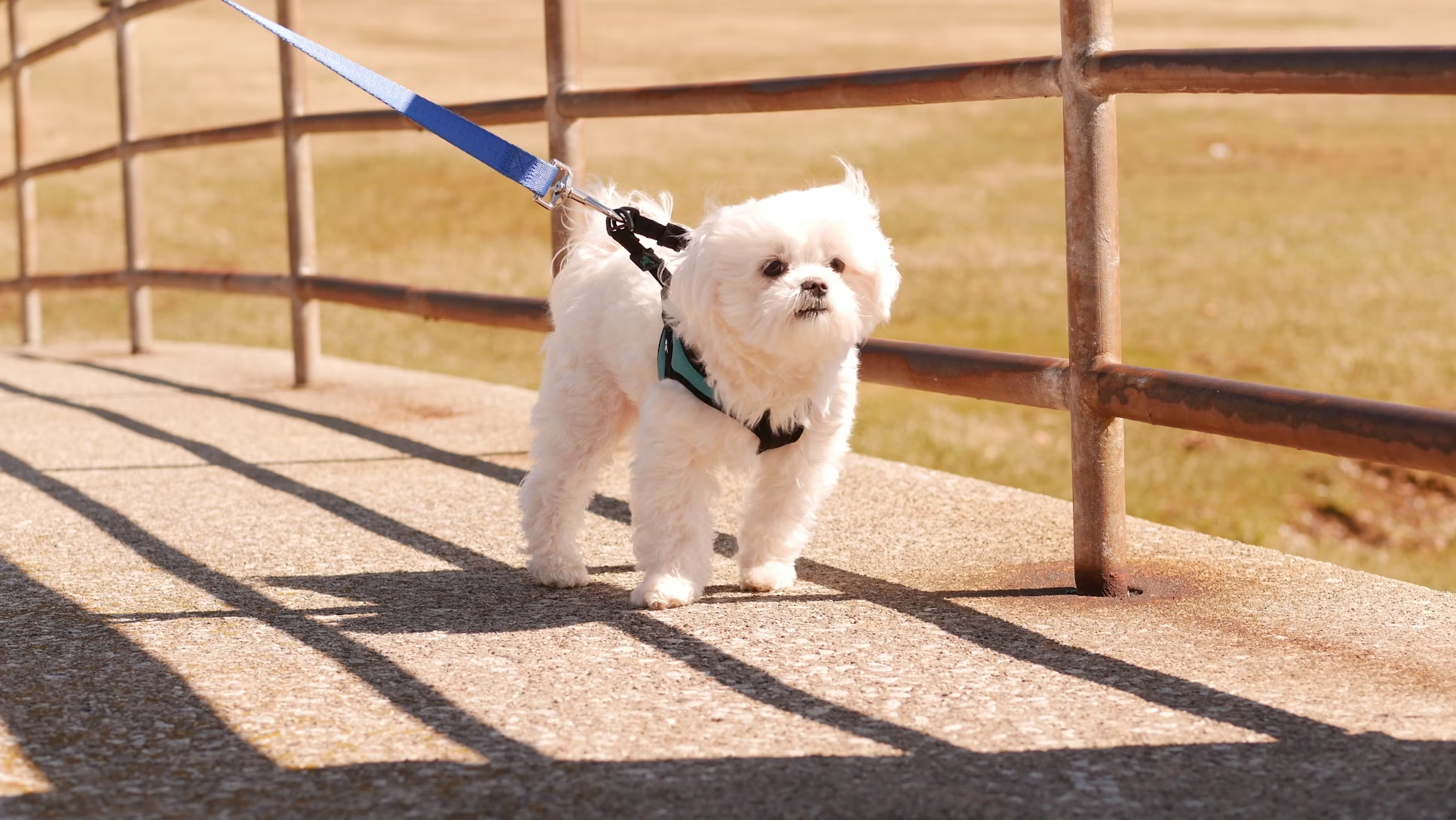
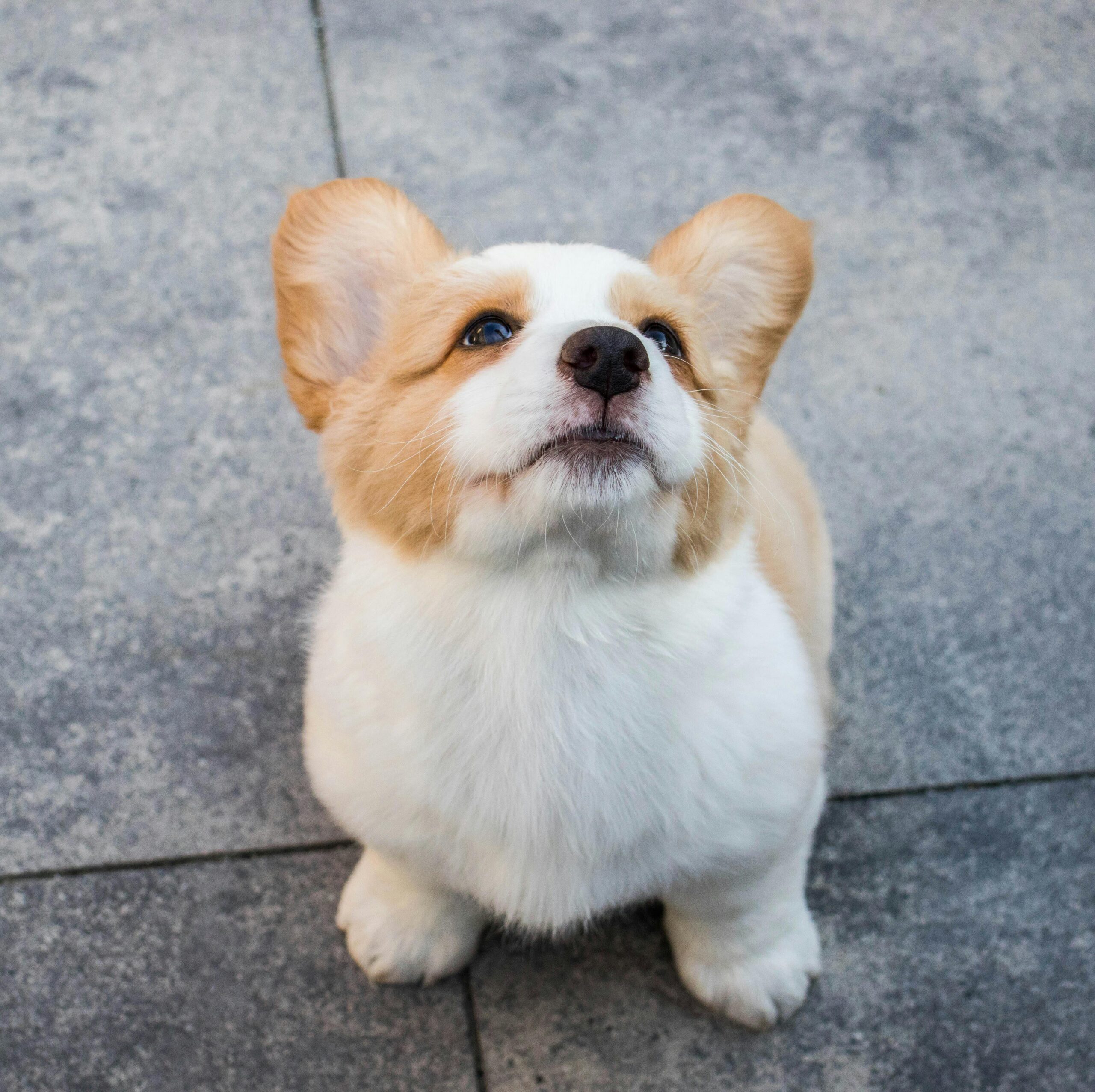


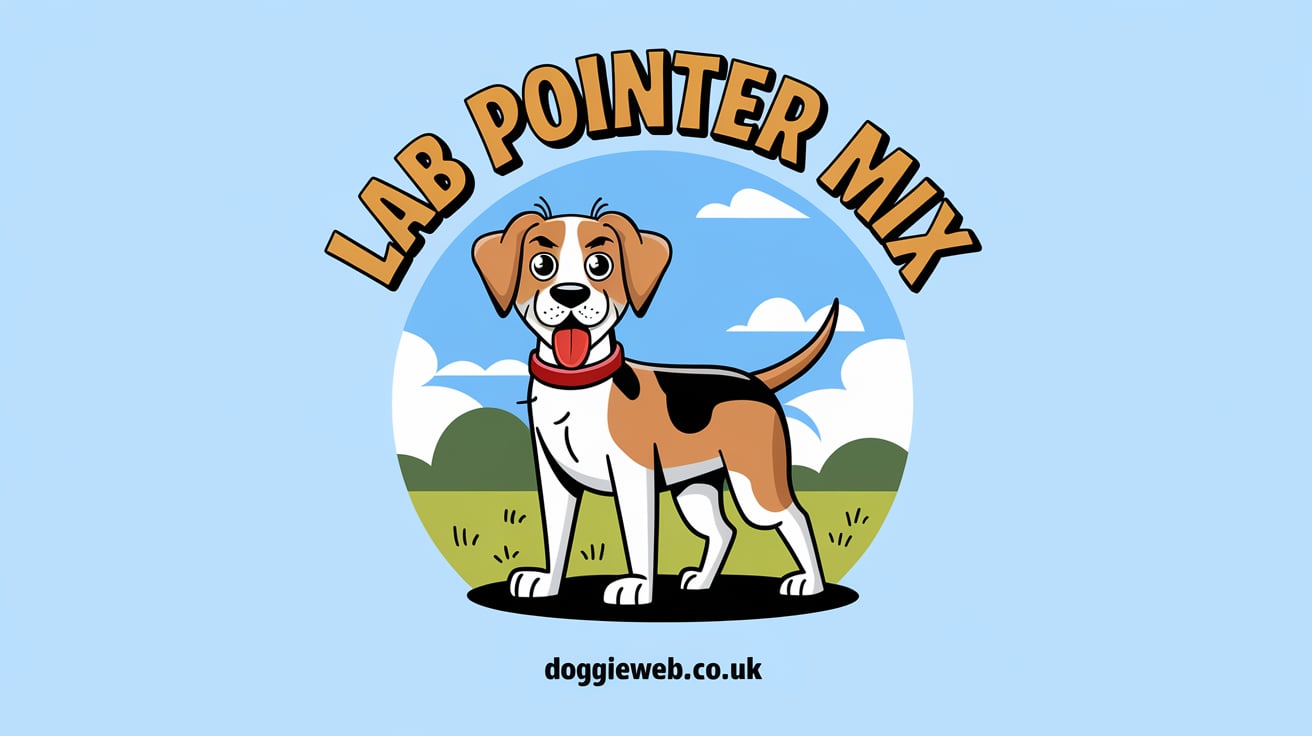
One thought on “Maltese Puppy: A Comprehensive Guide You Have To Know.”